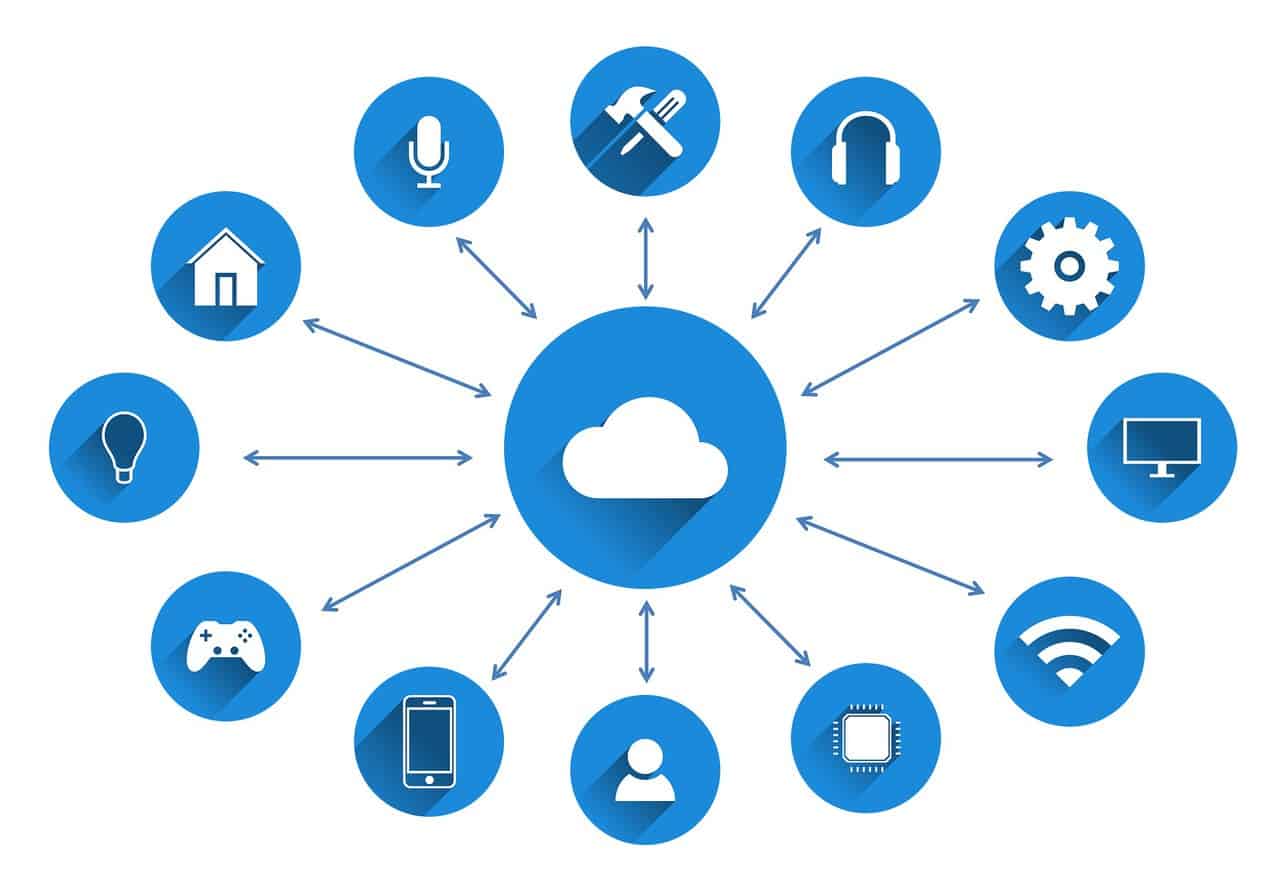Evolving technologies promise to offer unprecedented capabilities and opportunities to businesses of every size. However, small companies can especially benefit from technology that helps them compete. The following tech trends will help you get an idea of what technology has in store for your business.
1. Machine Learning and AI
Practically everyone in the small business world understands that artificial intelligence (AI) has transformative power. Although most of AI’s potential has yet to be seen, you should recognize that this trend can revolutionize how you work.
Computers can now work on their own, without human intervention, eliminating the need for humans to perform repetitive tasks. For this reason, companies are implementing chatbots to increase the efficiency of internal and external processes.
In recognition of this trend, you should aggressively look for areas of your business, such as customer service, that AI can help. You also need to provide training for your team members, so they understand how AI technology will affect their current and future work.
2. Data Analysis
Companies now have access to more data than ever before, especially with scraping tools like ScraperBox on the market. However, when you have limited financial and human resources, uncovering actionable information can seem almost impossible.

Although enterprises have long had enough resources to drill into voluminous data to gain insights, such capabilities are becoming commonplace. Thanks to the affordability of machine learning and AI technologies, your business can now benefit.
You can use data and web sentiment analysis to interpret customer behavior and assess your internal processes.. Based on what you learn, you can work faster and smarter while optimizing everything you do for customer satisfaction.
3. Detailed Segmentation
Now that you have new opportunities for data analysis, why not use it for marketing? Your business can carve your audience into similar groups, sending customized messages to each one. Such a high degree of personalization can lead to substantial increases in sales.
By giving people what they want and need to see, you give them a reason to include you in their digital space. Especially on social networks, this can make a difference because users have a lot of control over the content that they see.
Detailed segmentation also plays a role in the account-based marketing trend. You can learn from how customers have interacted with your business in the past and apply those lessons to increase the conversion rates of prospects.
4. Cloud Technology and Services
In addition to adding stability to your IT budget, the cloud has made available the resources you need to compete with larger firms:
- SaaS – Software a service provides you with cutting-edge software products delivered via web browsers and mobile apps.
- PaaS – Platform as a service supplies the hardware and software tools needed to develop applications, without requiring any in-house infrastructure.
- IaaS – Infrastructure as a service eliminates the need for companies to operate in-house servers. With this model, virtual servers operating via the cloud provide scalable processing power.
Cloud services give you a high level of reliability and usability while also boosting productivity. For instance, you can save your files to OneDrive, Microsoft’s cloud-based file storage service. Afterward, you can share and edit files while collaborating with your team.
5. IoT
If you think your business is too small to benefit from the Internet of Things (IoT), you’re wrong. Smart devices and sensors can coordinate the interactions of machines, collect vital operational data, and automate many business-related functions.

For the most part, the IoT gives you a chance to run a “smart” business that responds in real time to events as they happen. So, you can automatically send order status updates to customers, reorder inventory and track the performance of your staff.
As a matter of fact, you can collect and analyze data collected by the IoT to support decision making. For example, IoT data can help you rearrange the layout of your facilities to streamline workflows and reduce costs.
6. Wearables
Technology can potentially convert everyone in your business into a sensor. Wearable items can track and record body movements and physical locations. Already, large organizations are doing this to coordinate large teams.
In your small business, wearable technology can automatically clock employees in and out as they enter and leave your premises. It can also trigger employee behavior, based on where they are in your office.
Similarly, wearable technology can create graphs of movements within your facility, helping you to effectively place equipment and supplies. Depending on the nature of your business, you soon may use wearable technology to control thermostats or monitor air quality.
7. 3D Printing
Additive manufacturing technology, also known as 3D printing has already revolutionized manufacturing. Companies can create goods in small batches rather than paying for large production runs.
New printing materials and affordable printers mean that you can create custom products for your customers. Not only can you precisely meet the needs of your customers, but you can save the expense of maintaining a large inventory.
In addition to traditional products, small businesses may soon have a chance to expand into the production of scientific and healthcare products. This means that 3D printing can create almost unlimited possibilities for small businesses.
In conclusion, the tech trends mentioned above can dramatically affect your small businesses. By getting your business on board now, you can take full advantage of what the future holds. In addition to these, look for other exciting trends that can help your business become more productive and profitable.
